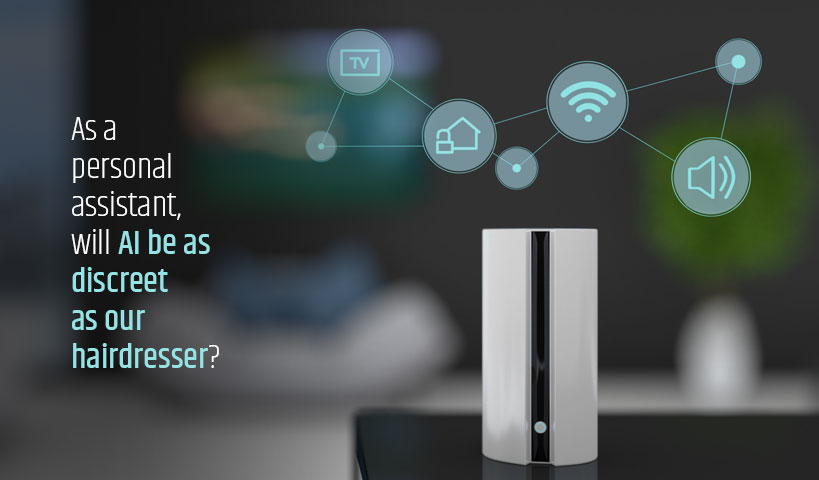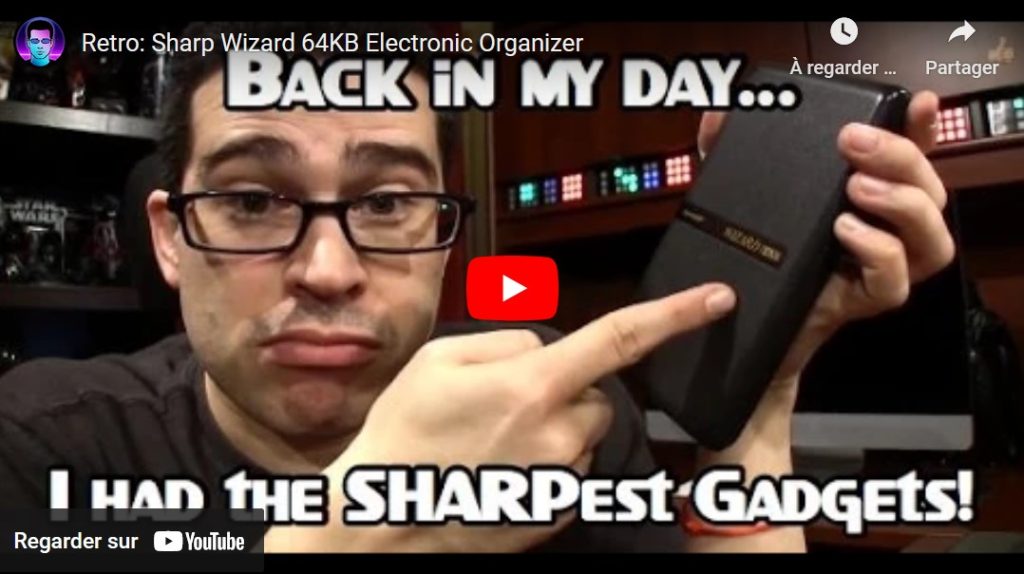
Let me tell you a story that blends technology, history and anthropology. Once upon a time, AI and personal assistants…. Not too fast. Back to the future: Alexa, Siri, Nest and Home are the names of what was THE new generation of intelligent personal assistants.
Not only in our daily lives, but also in our professional lives. These little rascals have been identified as an integral part of the first wave of a trend so popular in Montreal (and elsewhere in the world) as AI or artificial intelligence.
Yes, AI…
Artificial intelligence is a broad term, with the two letters being used for a growing number of fields of application. In fact, they’re multiplying faster than rabbits!
ChatGPT springs to mind? Yes, but there’s also Bard, DALL-E, Midjourney, Watson and more. There’s now a fine line between the intelligent software that helps us professionally in content marketing to design and/or enhance our texts, images and videos, and the Siri generation. This generation of assistants is more designed to help us organize our personal and professional lives.
Personal assistants, like the whole AI ecosystem, have made and continue to make great promises of a better life, but as we already know, there’s a flip side to the increasingly invasive control of these exotic first names and other applications over our personal data and our lives, period…
But is AI really a new trend? That’s where the story begins…
Once upon a time (not two thousand years ago, mind you…), personal assistants were a concept that Apple would video-tape at science and technology fairs the world over. According to Apple, they were the GRAAL for the worker of the future.
I remember an Apple presentation at the CRIQ or Centre de recherche industrielle du Québec in 1987. By then I was a communications consultant for a Crown corporation, and one of the first people to use and talk about microcomputing in the workplace.
I had been invited to attend this “futuristic” presentation, and I was very impressed. For the future depicted in Apple’s video was anticipation based on research work then underway in Cuppertino. A bit like the Corning company did more recently, with their series of videos entitled “A Day Made of Glass”.
In short, a video in which we were introduced to an assistant-person-machine called “Knowledge Navigator“, capable of replacing any administrative assistant and capable of doing much more, even managing all aspects of our personal and professional lives.
The year was 1987, and neither the Internet nor Wi-fi were yet commercially available. So we’re witnessing the beginnings of a major disruption that will have to wait before turning the world upside down.
AI in gestation before letters!
It took at least thirty years for Apple’s “vision” to become a reality, slowly, step by step. Because there are precursors to Alexa and AI. I still have one in my drawers. Here’s a photo of it. A «64Kb Sharp ZQ2400 Electronic Organizer». Little processing power and memory, and no voice…

A little marvel of its time, with later versions like the one presented here in a video by Chris Pirillo.

In short again, I’d love to see Apple’s video on intelligent personal assistants of the future, which painted a broad picture of what Alexa, Home and Siri would be like 36 years later. Mind you, these agents are available to us today for personal consumption, but very little for professional use, whether at home or in the office. That’s where Chat GPT and the others come in…
There is, however, Alexa, which offers a solution for marketing and there’s this heartfelt post on the ITERATORS blog entitled “4 Amazing Ways AI Personal Assistants Can Impact Your Business“.
Among other things, we are offered 20 ways in which intelligent personal and professional assistants can help us in our daily work:

However, the arrival of AI as a personal and professional assistant raises a question. Obviously, the question of the security of our personal data and how it is used.
“Many of the data collected and used by these digital assistants contain personal information, sometimes identifiable, and sometimes of a sensitive nature. Are Alexa and other virtual assistants violating the privacy and security of our data? Yes. These personal assistants have a dark side.” – Le Droit newspaper 2019/12/27
Will she be as discreet as our hairdresser?
And guess what? I found the Apple video. It’s from 1987. And you have to read the comments. Here are two that reflect the surprise of users when they discovered this video:


Impressed by this video and the professional possibilities of AI and its assistants? Would you like to discuss generative AI with us? Need advice on integration or strategic positioning in content marketing? Contact our experts!
Note: Speaking of history and anthropology, this little “storytelling” is my 100th post at ExoB2B. 🙂






